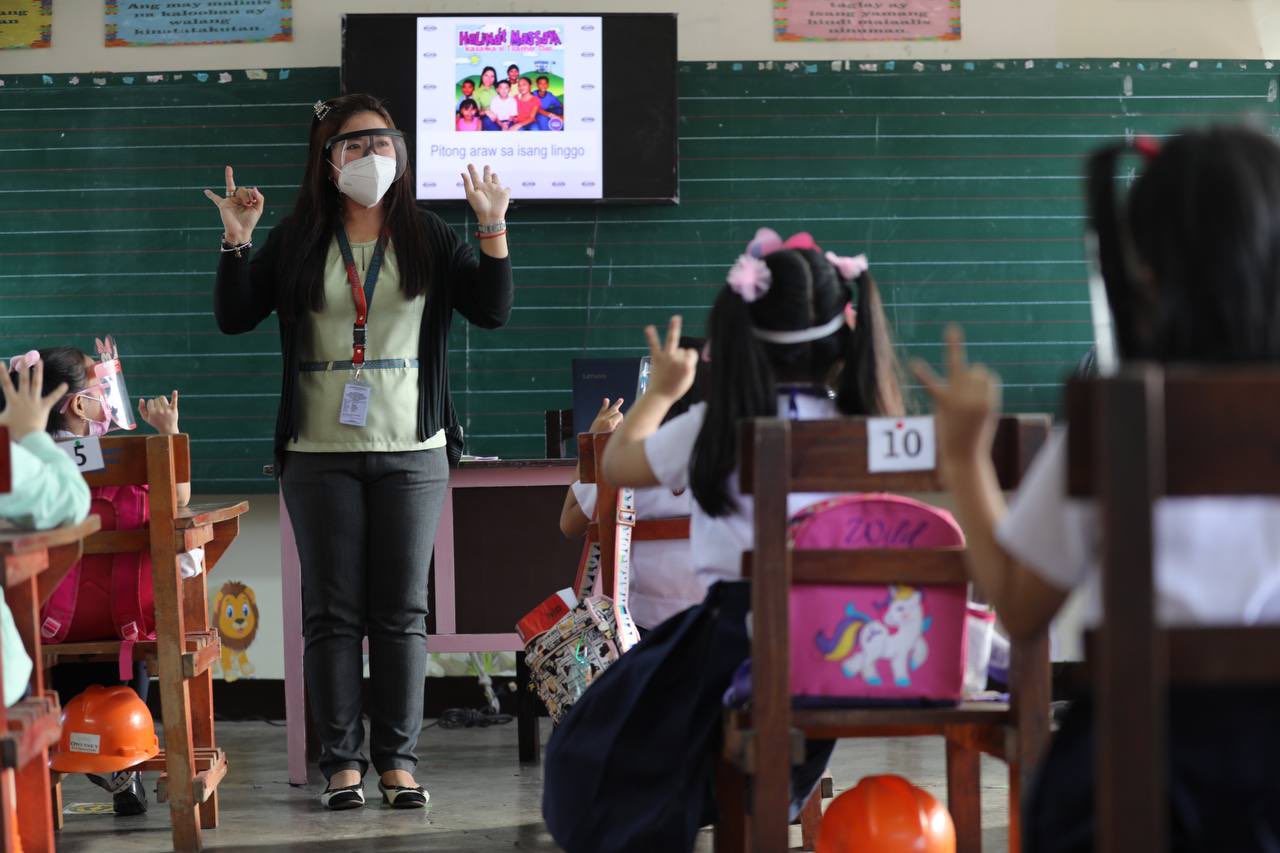To further accelerate the recovery of the education sector from the impact of the COVID-19 pandemic, Senator Win Gatchalian is seeking the opening of all schools for face-to-face classes.

Gatchalian made this call after the Inter-Agency Task Force for the Management of Emerging Infectious Diseases (IATF) expressed support for the opening of all public and private schools for in-person classes. While COVID-19 vaccination is not going to be a requirement for the conduct of full face-to-face classes according to the IATF, Gatchalian maintained that the government should ensure increased COVID-19 vaccination coverage among eligible learners, especially among those aged 5-11.
The IATF further called on public schools to allow the Department of Health (DOH) to conduct COVID-19 vaccination programs in their premises. The vaccination programs should also be conducted in coordination with local government units. Private schools may also conduct COVID-19 vaccination programs in coordination with the DOH and LGUs.
Gatchalian has repeatedly sought the proactive participation of the Department of Education (DepEd) and the schools in conducting pediatric vaccination for COVID-19, noting that this will ensure a more efficient identification and monitoring of learners who are eligible to receive COVID-19 jabs.
“Napapanahon nang buksan natin ang ating mga paaralan para sa face-to-face classes, lalo na’t nananatiling mababa ang bilang ng mga kaso ng COVID-19 sa ating bansa. Kung nakakapagbukas at nakakabangon na ang ibang mga sektor, hindi na dapat mapag-iwanan pa ang sektor ng edukasyon, lalo na’t nais nating tiyakin ang magandang kinabukasan ng ating mga kabataan at muling pagsigla ng ating ekonomiya,” said Gatchalian, Chairman of the Senate Committee on Basic Education, Arts and Culture.
The National Economic and Development Authority estimates that the two-year lack of face-to-face classes will cost the Philippine economy P22 trillion in productivity losses.
A joint report released this year by UNICEF, the United Nations Educational, Scientific and Cultural Organization (UNESCO), and the World Bank titled “Where are We on Education Recovery?” estimates that less than 15% of 10-year old children in the Philippines can read or understand a simple story. This means learning poverty in the country is more than 85%.


